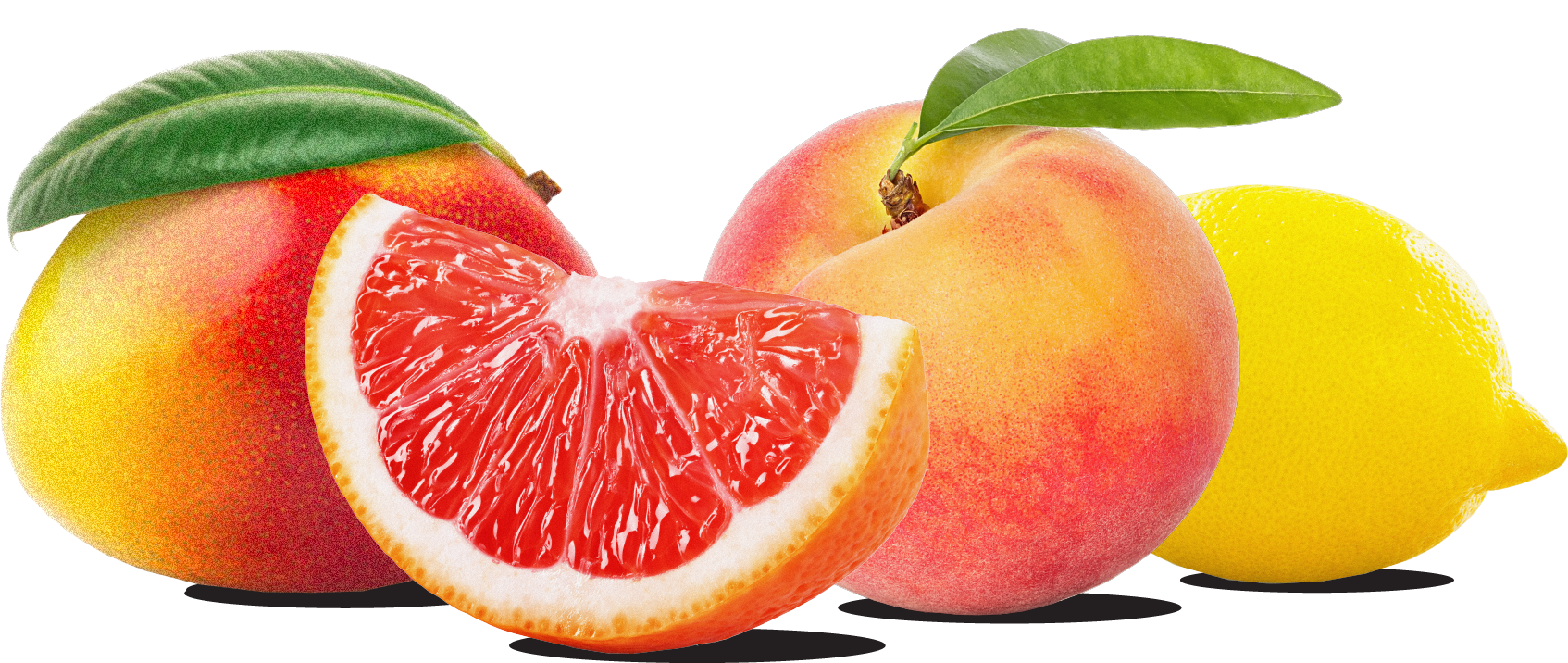Diabetes: How Nutrition Can Help
What Is Diabetes?
Diabetes is a chronic condition that affects the body's ability to regulate blood sugar, either due to inadequate insulin production (Type 1 diabetes) or ineffective use of insulin (Type 2 diabetes). When it comes to nutrition, people with diabetes must pay close attention to their sugar and carbohydrate intake to keep blood glucose balanced. Carbohydrates and simple carbohydrates in particular are quickly broken down by the body and have a significant impact on blood sugar levels.
When we eat a meal, our blood glucose is temporarily elevated, prompting the pancreas to secrete insulin and signal cells to allow glucose to enter and be used for energy production. In type 2 diabetes cells fail to respond properly, and glucose cannot enter the cells leading to elevated blood sugar levels, which tells the pancreas to produce more insulin, which over time can lead to ‘insulin resistance’ and weight gain.
How can nutrition help?
While Type 1 diabetes is genetic and requires lifelong medication, Type 2 diabetes is a preventable disease. In the West, Type 2 diabetes is a major problem, driven predominantly by our diet and lifestyle. When it comes to managing diabetes, it’s not all about cutting carbs, creating a well-balanced diet is crucial and nutrition is key, so here at GMV, we thought it might be helpful to outline a few golden rules:
-
Balance Carbohydrates: grains, fruits, vegetables and dairy products are all carbs that are broken down into glucose – the primary source of energy for the body. People with diabetes need to monitor carbohydrates throughout the day to prevent blood sugar spikes. Complex carbs, such as whole grains, beans and legumes can help slow digestion and stabilise blood sugar levels. It is also important to limit refined carbohydrates and sugary foods that can lead to rapid blood sugar fluctuations.
-
Sugar Free Alternatives: what you drink is just as important as what you eat. Sugary drinks can cause sharp rises in blood sugar levels. Fortunately there are a plethora of of refreshing, flavoursome drinks out there that won't cause a spike in blood sugar, such as our low calorie, sugar free vitamin waters. A range of flavours - both sparkling and still - containing 0g sugar!
-
Protein for Sustained Energy: protein helps slow down the digestion of carbohydrates, preventing rapid spikes in blood sugar, stabilising blood sugar levels and promoting satiety. Lean meats, poultry, fish, tofu, beans and dairy products are all good sources.
-
The Importance of Fibre: fibre rich foods like whole grains, legumes, vegetables and low sugar fruit like berries, apples and pears help to regulate blood sugar levels, improve digestion, and promote heart health. Soluble fibre - oats, barley, beans, broccoli and avocado, can help lower cholesterol levels and control blood sugar spikes after meals.
-
Healthy Fats: incorporating healthy fats can have numerous benefits. Unsaturated fats in avocados, nuts, seeds, and olive oil, can help improve heart health and reduce inflammation. Limit saturated and trans fats from fried and processed foods as they can worsen insulin resistance and increase the risk of heart disease.
-
Regular Meals: it is important to eat at regular intervals to keep blood sugar levels even and balancing protein with carbs and healthy fats will create a well-rounded meal. Planning meals in advance can also be helpful in terms of keeping on top of blood sugar control and prevent impulsive food choices. It can be very helpful to speak to a Nutritionist or Dietician to come up with a meal plan that works for you.
-
Exercise: Regular exercise helps improve insulin sensitivity, control weight, and lower blood glucose levels, if you’re not already exercising and want to increase your activity levels, start slow and try walking instead of driving or taking the stairs rather than the lift, every little helps!
Focusing on a balanced diet that includes a variety of nutrient-dense foods will go a long way to managing blood glucose levels, and if you do have diabetes, it’s always best to speak to your GP before embarking on any major changes.
 |
Author |




